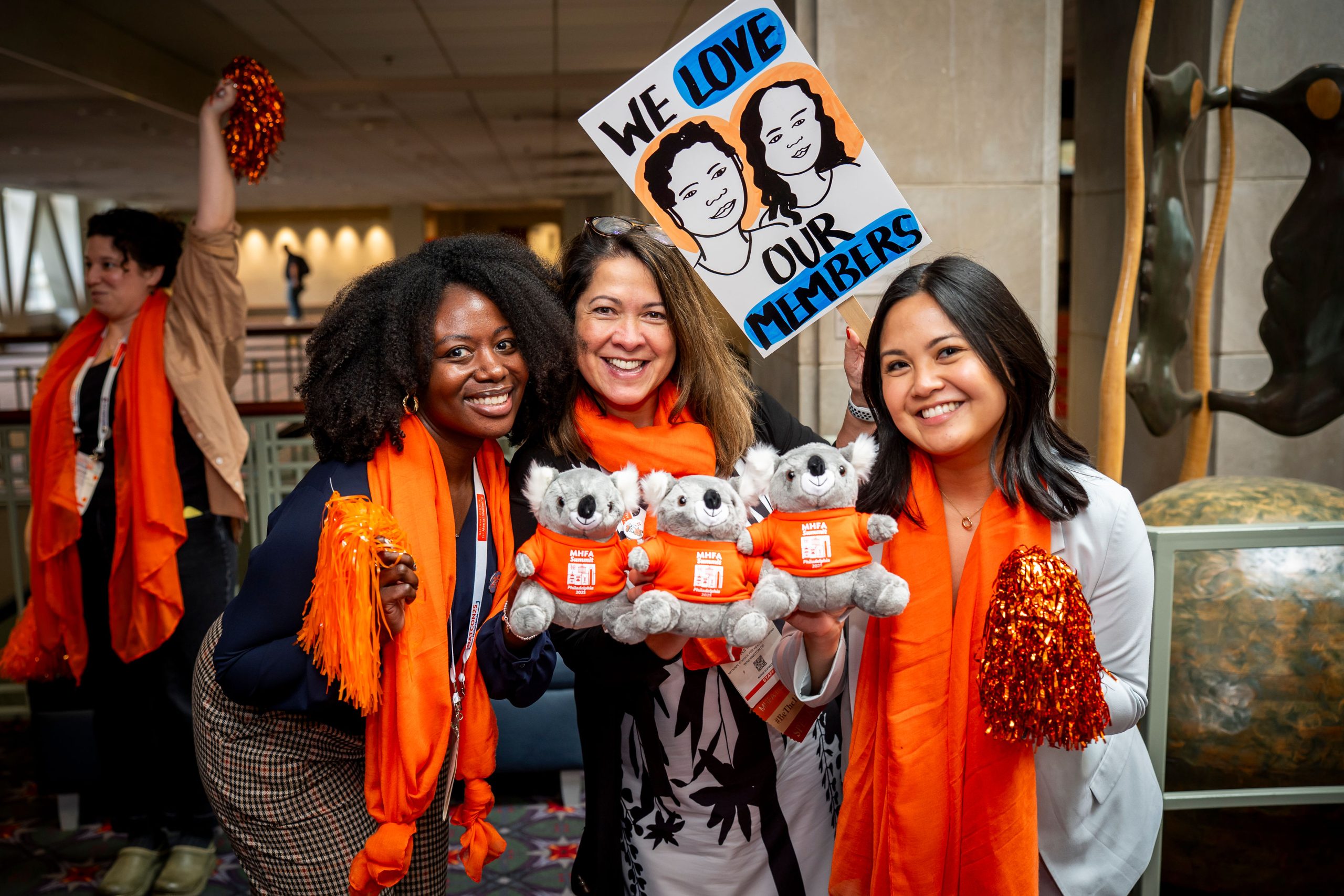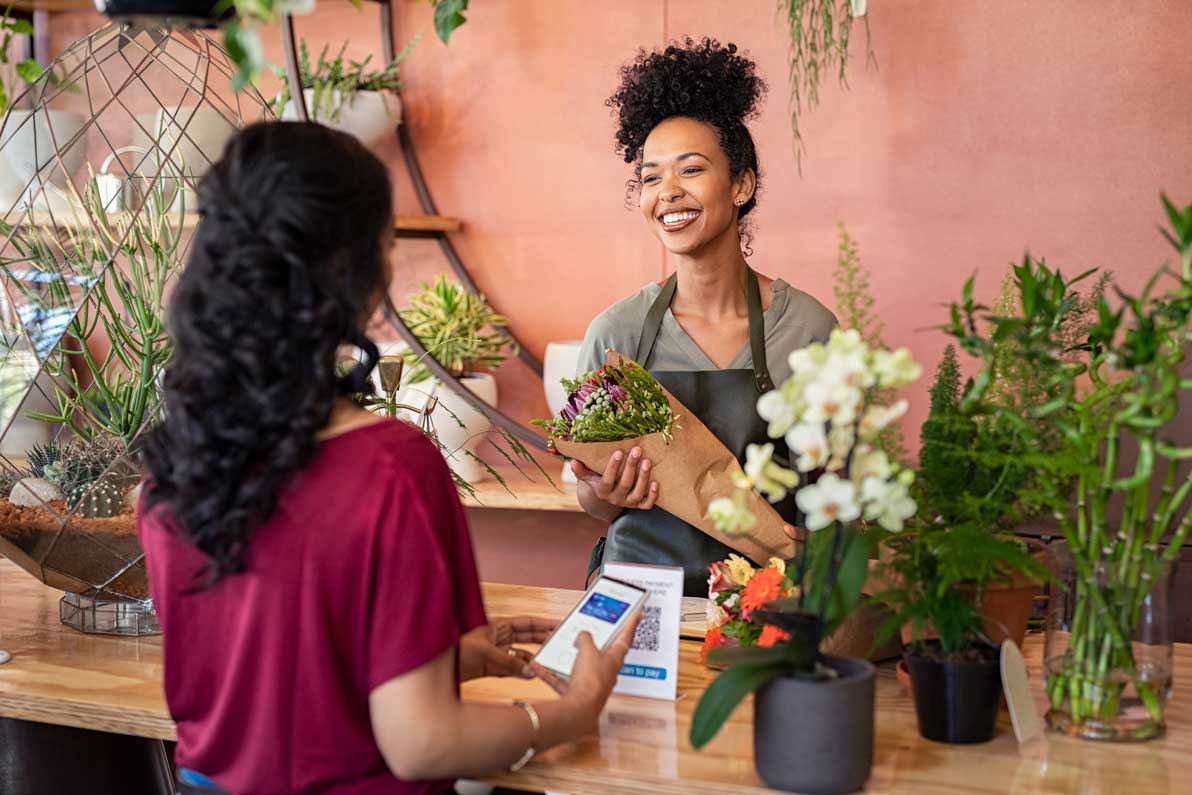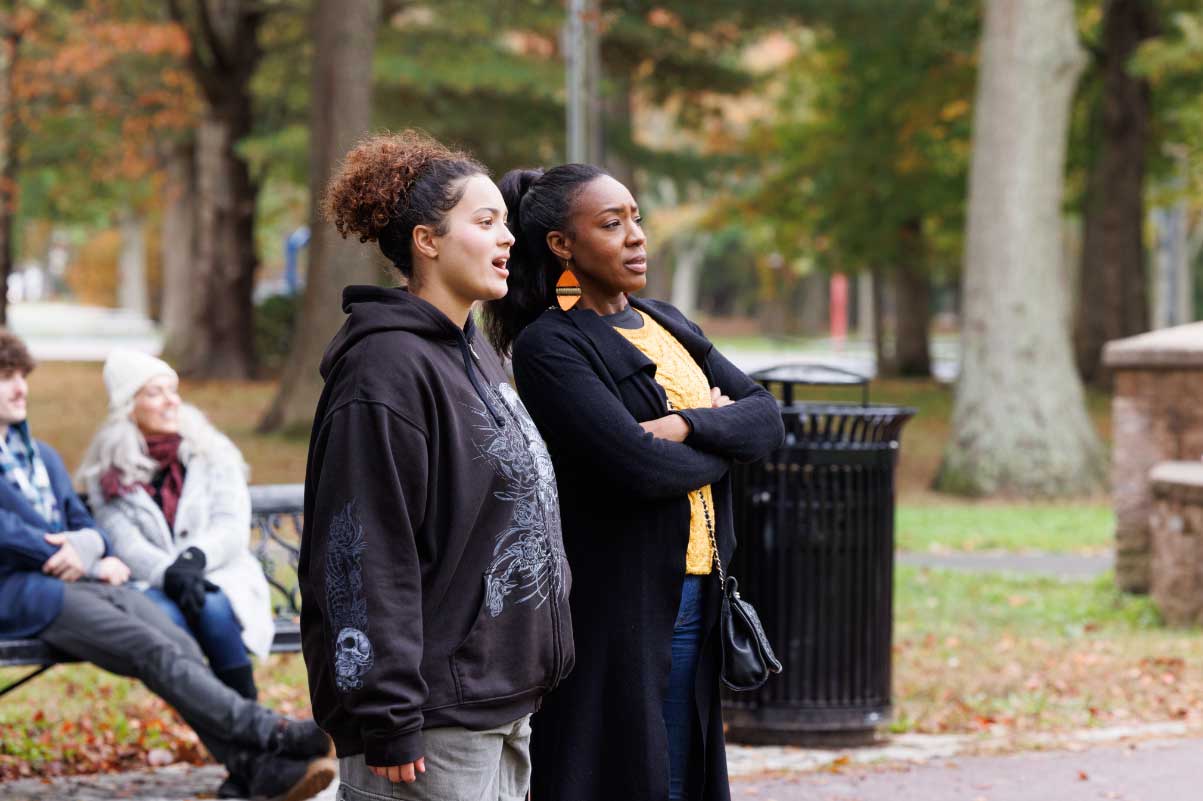The onset of the holiday season conjures up images of families gathered together, big meals, cozy fires and lots of celebration. But for many people, especially individuals experiencing or in recovery from substance use challenges, the holidays can be tough.
The holiday season can be full of triggers — end-of-year deadlines, shopping for gifts and dealing with certain family members or friends can all bring on additional stress. In a survey by the American Addiction Center, 94% of respondents in recovery for substance use reported feeling overwhelmingly or moderately stressed during the holidays.
With the season’s heightened celebration can come an increased prevalence of drinking and substance use, which may put individuals managing recovery or substance use challenges at greater risk of recurring symptoms. And they wouldn’t be alone: Because of the pandemic, the amount of people dealing with a substance use challenge has increased, with 13.3% of adults in the U.S. having started or increased their use of substances since June 2020, according to a Centers for Disease Control and Prevention (CDC) survey.
If you or a loved one is managing recovery this holiday season, you may want to think about how best to prepare to navigate any difficult situations. Coming up with an action plan before attending holiday events can be helpful, and the Mental Health First Aid curriculum provides some suggestions to help you get started.
Know your triggers and set firm boundaries.
Stress, certain environments and even some people can bring painful memories or symptoms to the surface. Recognizing your triggers and trying to limit exposure them is important. Consider rehearsing responses, such as how to decline offers of alcoholic beverages, or responding the questions about your recovery or challenge you are not ready to answer. Take notice of your own personal warning signs — like thinking patterns or heightened emotions — and take steps to remove yourself from situations when they become present.
Have a support system — and reach out to them.
One of the most valuable protective factors a person can have is a trusted support network. If you have a close friend, family member, support group or sponsor, it can be a good idea to connect with them before attending an event and make sure they can take a call or support you if needed.
Identify and participate in self-care activities.
After dealing with stressful or emotional situations, self-care is crucial to help relax your mind and process emotions. Self-care activities can include:
- Talking to a trusted person about feelings or problems.
- Journaling
- Exercise, either solo, like going for a run, or in a group, like a game of basketball.
- Creating art or music.
- Writing
- Meditation
Reach out if you need help!
If you are in crisis, feel as though you are in danger of harming yourself or need extra support, don’t hesitate to get help from trained crisis counselors. Call or text 988, the Suicide and Crisis Lifeline, or chat online at 988.lifeline.org.
Remember that if this time of year is tough for you, you’re not alone. Take care of your mental wellbeing and take proactive steps to make sure you are well this holiday season and beyond. You are important!
For more tips on managing substance use challenges and recovery, check out these blogs from Mental Health First Aid:
- The Four Dimensions of Recovery and How You Can Support Them
- How to Support a Loved One in Recovery During the Holidays
- How Protective Factors Can Promote Resilience
- How to Help Someone With Alcohol Use Disorder
- Mental Health, Substance Use Recovery In — and With — the Community
Resources
American Addiction Centers. (2022, Feb. 9). Holiday highs and lows. DrugAbuse.com. https://drugabuse.com/featured/holiday-highs-and-lows/
Czeisler, M., Lane, R.I., Petrosky, E., et. al. (2020, Aug. 14). Mental health, substance use, and suicidal ideation during the COVID-19 pandemic — United States, June 24-30, 2020. Morbidity and Mortality Weekly Report 2020, 69:1049-1057. Centers for Disease Control and Prevention. https://www.cdc.gov/mmwr/volumes/69/wr/mm6932a1.htm?s_cid=mm6932a1_w
Laderer, A. (2017, Dec. 22). Why the holidays are difficult for people with addictions. TalkSpace. https://www.talkspace.com/blog/why-the-holidays-are-difficult-for-people-with-addictions/
Mental Health First Aid. (2022, Jan. 18). How protective factors can promote resilience. MHFA.org. https://www.mentalhealthfirstaid.org/2022/01/how-protective-factors-can-promote-resilience/
Mental Health First Aid USA. (2020). Mental Health First Aid USA Manual. National Council for Mental Wellbeing.
Ponte, K. (2022, Jan. 10). Understanding mental illness triggers. National Alliance on Mental Illness. https://www.nami.org/Blogs/NAMI-Blog/January-2022/Understanding-Mental-Illness-Triggers
T., B. and Umhau, J. (2021, March 1). Why the holidays are hard for recovery. VeryWellmind. https://www.verywellmind.com/recovery-during-the-holidays-67406



